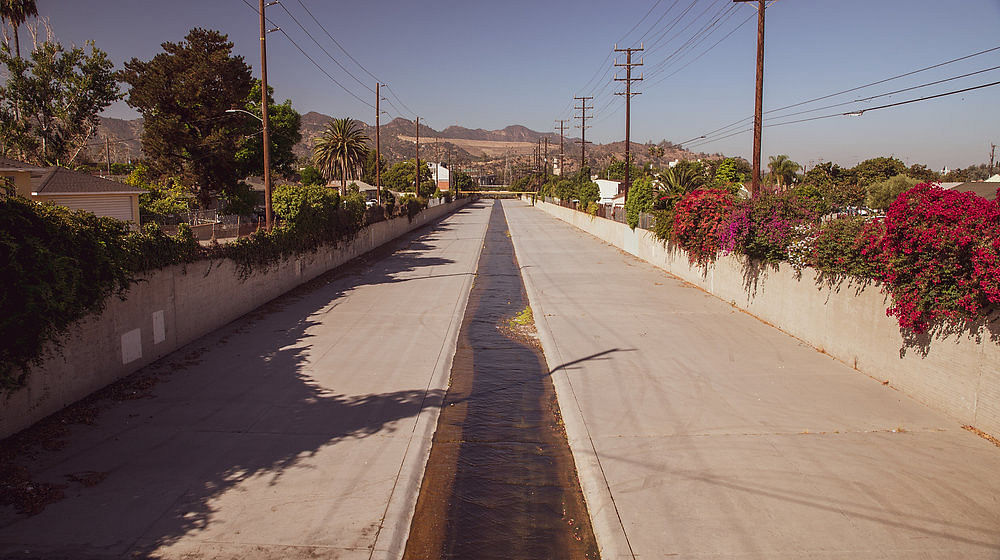Jul 30th, 2023
When Does a Government Prosecution Block a CWA Lawsuit?

By: Demetria Mantalis, Jennifer Novak
July 31, 2023
The State Water Resources Control Board and its regional water quality control boards (the “Water Boards”) regulate water quality in California. Under the Porter-Cologne Water Quality Control Act, the Water Boards have the power to create, implement, and enforce “water quality laws, regulations, policies, and plans to protect the groundwater and surface waters of the State.” This enforcement power rests with each regional board and the State Board’s Office of Enforcement.
In two weeks, the State Water Board will consider revisions to its Water Quality Enforcement Policy, which has been effective since 2017. In general, many of the proposed changes seek to clarify existing policy. This includes adding and expanding definitions that will not generally affect most of the regulated community. Further, the proposed Policy slightly reorganizes the timeline and steps an enforcement action.
Other changes are larger and will likely have a greater impact on the Water Board’s implementation and enforcement of its policies. For example, the Water Boards have incorporated a larger focus on assisting Native American Tribes. The Water Boards propose that they will “communicate, engage, and consult with California Native American Tribes” where an enforcement action poses a threat of impact on tribal lands, interests, or cultural resources.
As another example, the enforcement policy will seek to further environmental justice for disadvantaged communities. The prior policy included public participation and integration of environmental justice considerations into the enforcement of environmental laws, regulation, and policies. The proposed policy specifically ties the definition of a “disadvantaged community” to the California Communities Environmental Health Screening Tool (“CalEnviroScreen”), Health and Safety Code section 39711, and Water Code section 189.7. It incorporates the definition of “environmental justice” as found in Government Code section 65040.12 and Public Resources Code section 30107.3.
The Water Boards’ proposal also envisions significant changes from its previous policy that will impact future enforcement actions and calculations for liability. For example, the proposal reconceptualizes the way the Water Boards will address “multiple violations recurring from the same incident.” For those multiple violations that fall outside the scope of Water Code section 133851(f)(1), the Water Boards may use their discretion to allege a single violation if 1) the facility violates the same requirement at one or more locations within the facility; 2) a single operational upset leads to violations that occur on multiple days; 3) violations are not independent of one another or are not substantially distinguishable; or 4) a single act leads to violations of similar requirements in different applicable permits or plans, but the requirements are designed to address the same water quality issue.”
The proposal also reconceptualizes and reorganizes the process for assessing multiple-day non-discharge violations. Non-discharge violations will initially be assessed as a civil liability on a per-day basis for up to 30 days. After 30 days of violations have tolled, the assessment can be calculated as less if it does not produce a liability outcome that is less than the economic benefit. To apply the reduced daily calculations, the Water Boards must produce findings that show the violation “(a) is not causing daily detrimental impacts to the environment and is not causing daily detrimental impacts to the regulator program; (b) results in no discrete economic benefit from the illegal conduct that can be measured on a daily basis; or (c) occurred without the knowledge or control of the violator, who therefore did not take action to mitigate or eliminate the violation.” If one of these is present, an alternate approach may be applicable to collapse days. There, the proposal suggests an assessment of civil liability for the first 30 days, an assessment for each 5-day period until the 60th day, and then an additional assessment for every 30-day period after the 60th day.
Another interesting proposal is found in section X, which introduces Corrective Action Projects, defined as “a project designed to bring the discharger or responsible party back into compliance in a timely manner with a CAO issued pursuant to Water Code section 13304 or Health and Safety Code section 25296.10 or both.” A corrective action project is to help to correct violations that are resolved through settlements. They must be limited to “cleanup of waste, abatement of the effects, or waste, or both” and cannot include mere plans, reports, or monitoring. They also appear limited to parties who otherwise cannot pay the full liability amount.
The proposal also includes new information throughout each appendix. Appendix A, for example, updates the Notice of Violation (NOVs) requirements. NOVs would include “the appropriate citations to the Water Code, or other applicable code, and should specify that the Water Board reserves its right to take any enforcement action authorized by law.” The proposal also notes that NOVs cannot be petitioned by the Water Board because they are not “final actions.”
If you’d like to weigh in on the new policy, the State Water Board will take it under consideration at its August 15, 2023 meeting at 9:30 a.m. in the Cal-EPA’s Coastal Hearing Room. Virtual participation is possible through this link: https://www.waterboards.ca.gov/board_info/remote_meeting/